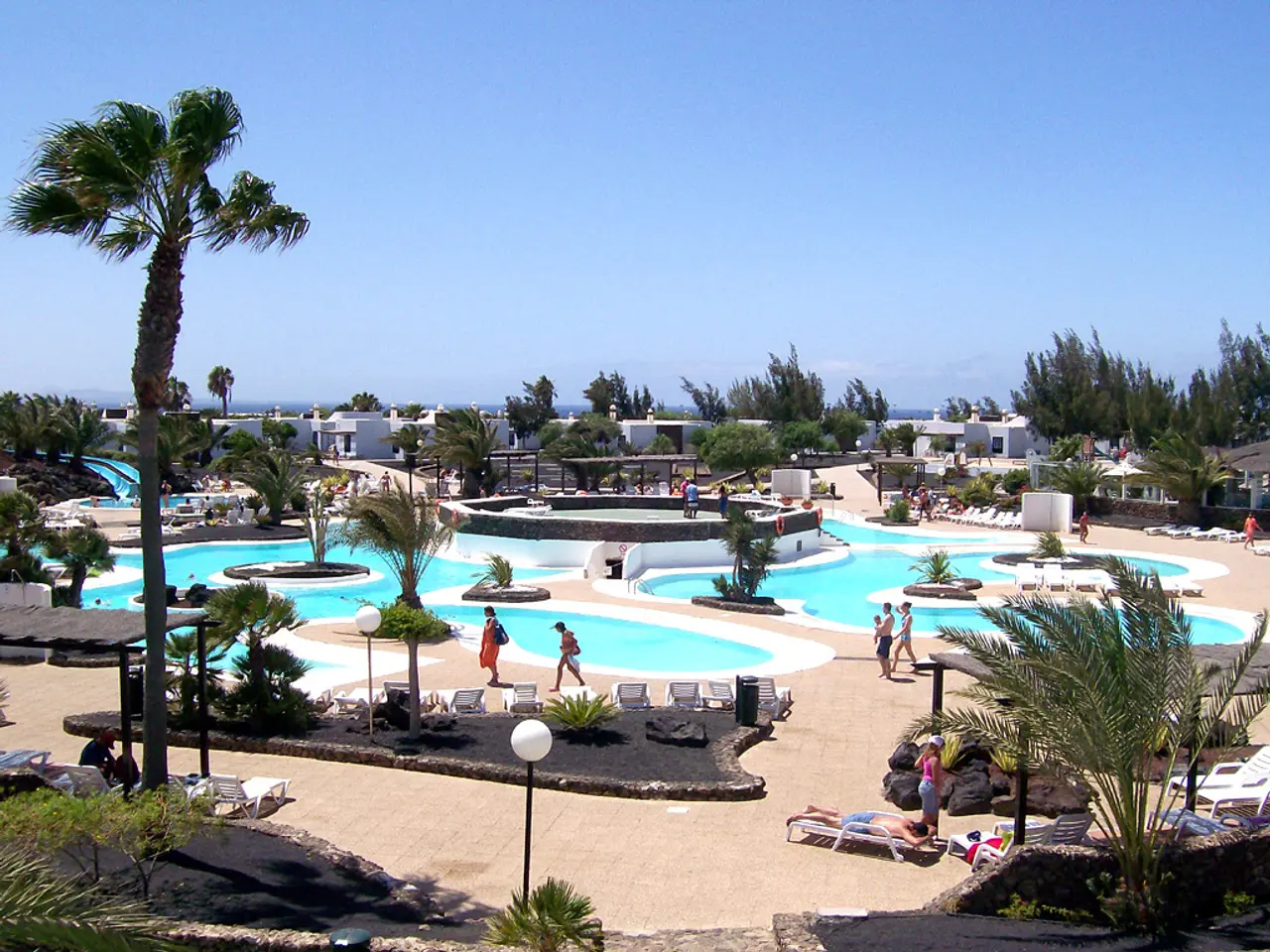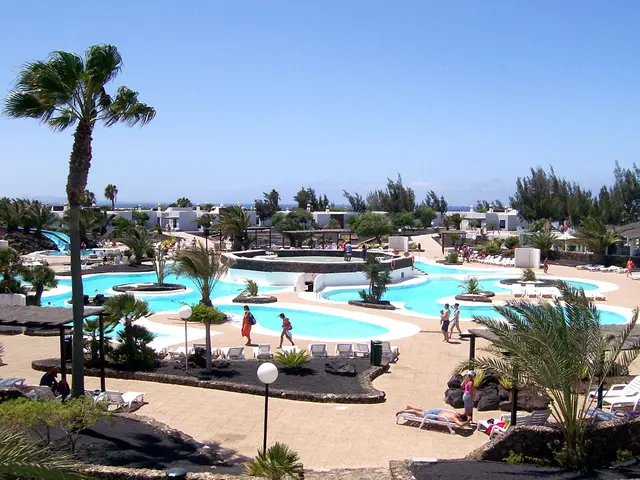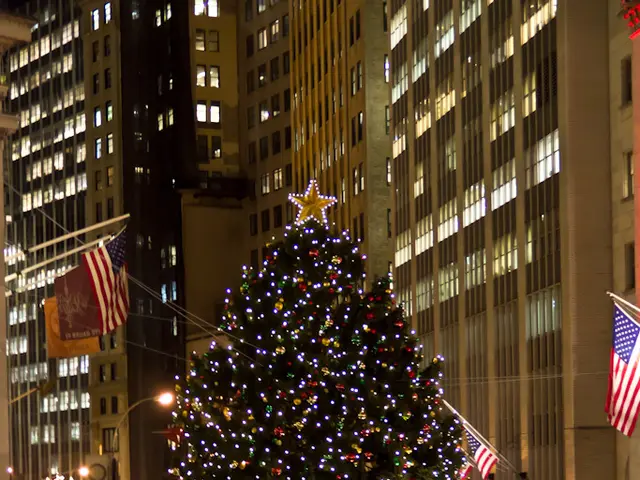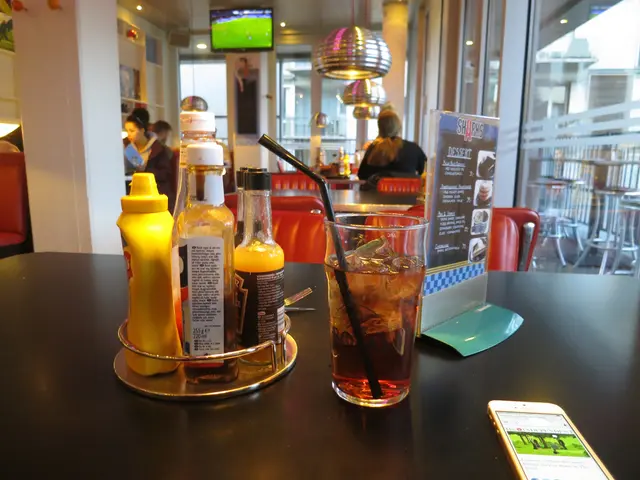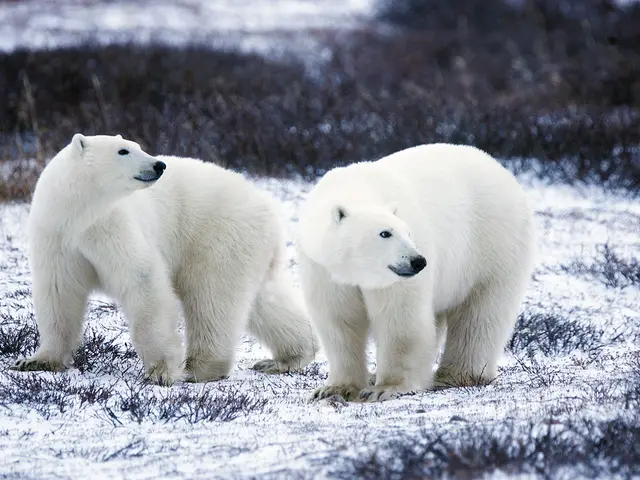Foreign tourist access to North Korea's coastal resort has been revoked, following several weeks of operation.
The Wonsan-Kalma Coastal Tourist Zone, a luxury beach resort in North Korea, officially opened in July 2025 under the directive of Kim Jong-un, marking a significant step in the country's tourism development. However, the resort's dream of attracting foreign visitors has been momentarily halted due to a combination of factors.
The resort, built as part of Kim Jong-un's byungjin strategy, was expected to diversify the visitor base and bring in hard currency, such as Russian rubles, Chinese yuan, and US dollars. Foreign tourists were initially allowed to visit, but were later barred without an official explanation.
Negative media coverage, economic miscalculations, logistical difficulties, and strict rules imposed on visitors have been cited as the primary reasons for the closure. A Russian journalist's claim that the resort appeared "fake" and that visitors were "mobilised" by authorities rather than being genuine tourists, has raised concerns about the negative impact of keeping the resort open to foreigners.
The high cost and difficulty of travel from Russia, as well as tough regulations, have also contributed to the decision. Despite the closure, experts believe the ban is likely temporary, as the resort cannot break even and might have to shut down altogether without the influx of foreign currency.
Prior to the Covid-19 pandemic, more than 90 percent of foreign tourists to North Korea came from China. However, the restrictions on Chinese group tours have persisted, complicating tourism recovery. Domestic tourists continue to visit the site, which North Korea’s leadership had promoted as a major success.
Human rights groups have criticised the resort's construction methods, citing forced labour and poor conditions for workers, although this has not been cited officially as a reason for closing the site to foreigners.
Tourism remains one of the few sectors not directly targeted by UN sanctions, and revenues reportedly increased by 400 percent between 2014 and 2019. Kim Jong-un hailed the resort as "one of the greatest successes of the year" and "a proud first step" in revitalising tourism. The resort has a capacity to host 20,000 visitors annually.
Direct flights between Moscow and Pyongyang were expected to begin later in July, further boosting tourism prospects. Kim Jong-un, his daughter Kim Ju-ae, his wife Ri Sol-ju, Russian ambassador Alexander Matsegora, and other embassy staff attended the opening of the resort. Kim Jong-un personally appeared in the promotional campaign for the resort.
As North Korea gradually eases pandemic border restrictions, the resort may once again welcome foreign tourists. For now, the dream riviera remains off limits to the world, but the temporary ban on foreign tourists is a testament to the complexities and challenges of North Korea's tourism ambitions.
- The Wonsan-Kalma Coastal Tourist Zone, a beachfront luxury resort in North Korea, opened in July 2025, marking a significant step in the country's tourism development under Kim Jong-un's direction.
- Foreign tourists were initially allowed to visit the resort, but were later barred without an official explanation, halting its dream of attracting visitors from countries like Russia, China, and the USA.
- Negative media coverage, economic miscalculations, logistical difficulties, and strict rules imposed on visitors are believed to be the primary reasons for the closure of the resort.
- A Russian journalist's claim that the resort appeared "fake" and that visitors were "mobilized" by authorities rather than being genuine tourists, has raised concerns about the negative impact of keeping the resort open to foreigners.
- Prior to the Covid-19 pandemic, more than 90 percent of foreign tourists to North Korea came from China, but restrictions on Chinese group tours have persisted, complicating tourism recovery.
- Despite the closure, experts believe the ban is likely temporary, as the resort cannot break even and might have to shut down altogether without the influx of foreign currency.
- Human rights groups have criticized the resort's construction methods, citing forced labor and poor conditions for workers, although this has not been officially cited as a reason for closing the site to foreigners.
- The resort, built as part of Kim Jong-un's byungjin strategy, was expected to diversify the visitor base and bring in hard currency, such as Russian rubles, Chinese yuan, and US dollars.
- As North Korea gradually eases pandemic border restrictions, the resort may once again welcome foreign tourists, allowing the world to experience its travel, lifestyle, and eco-friendly hotels, resorts, and beaches.
